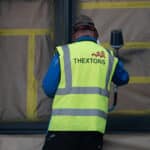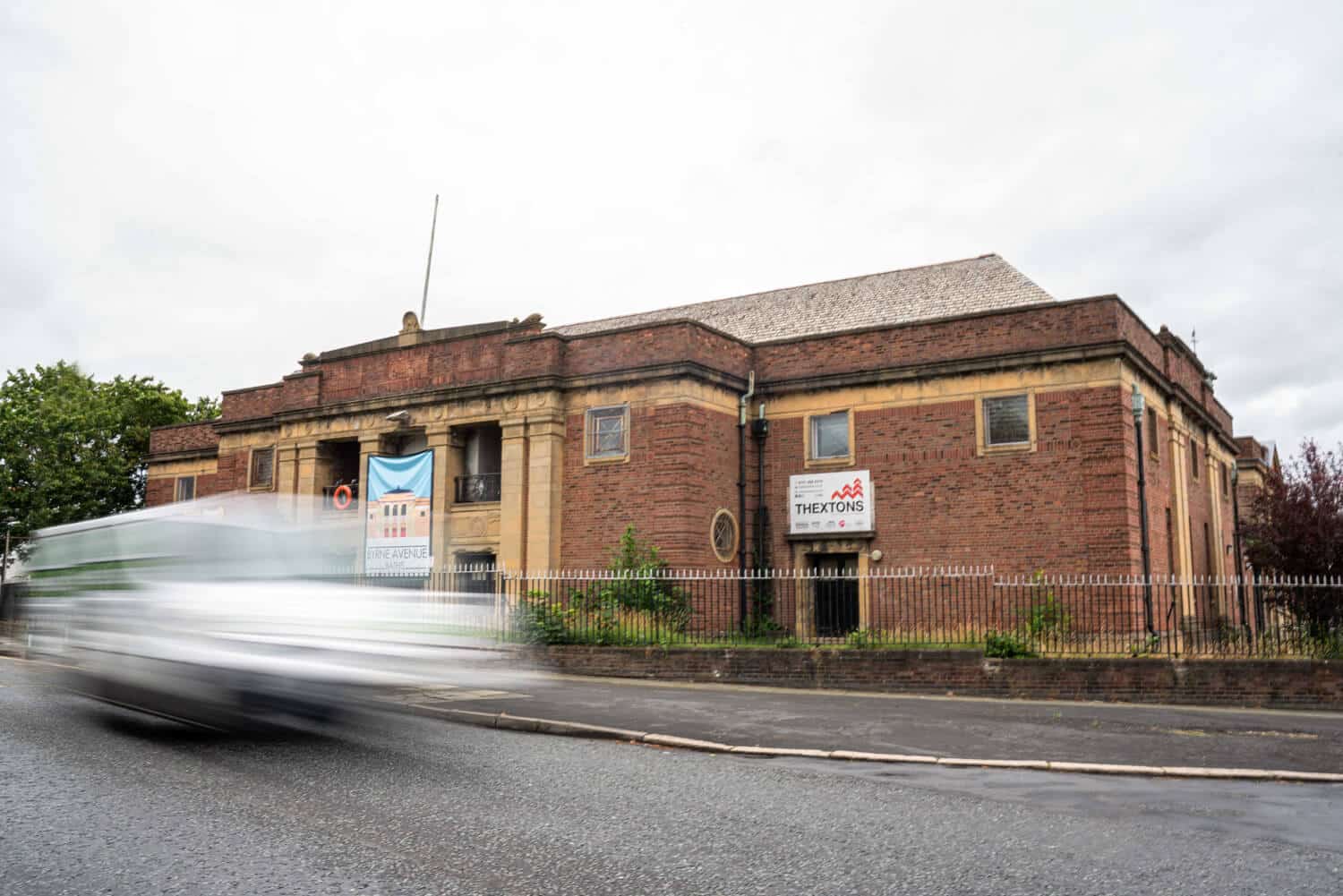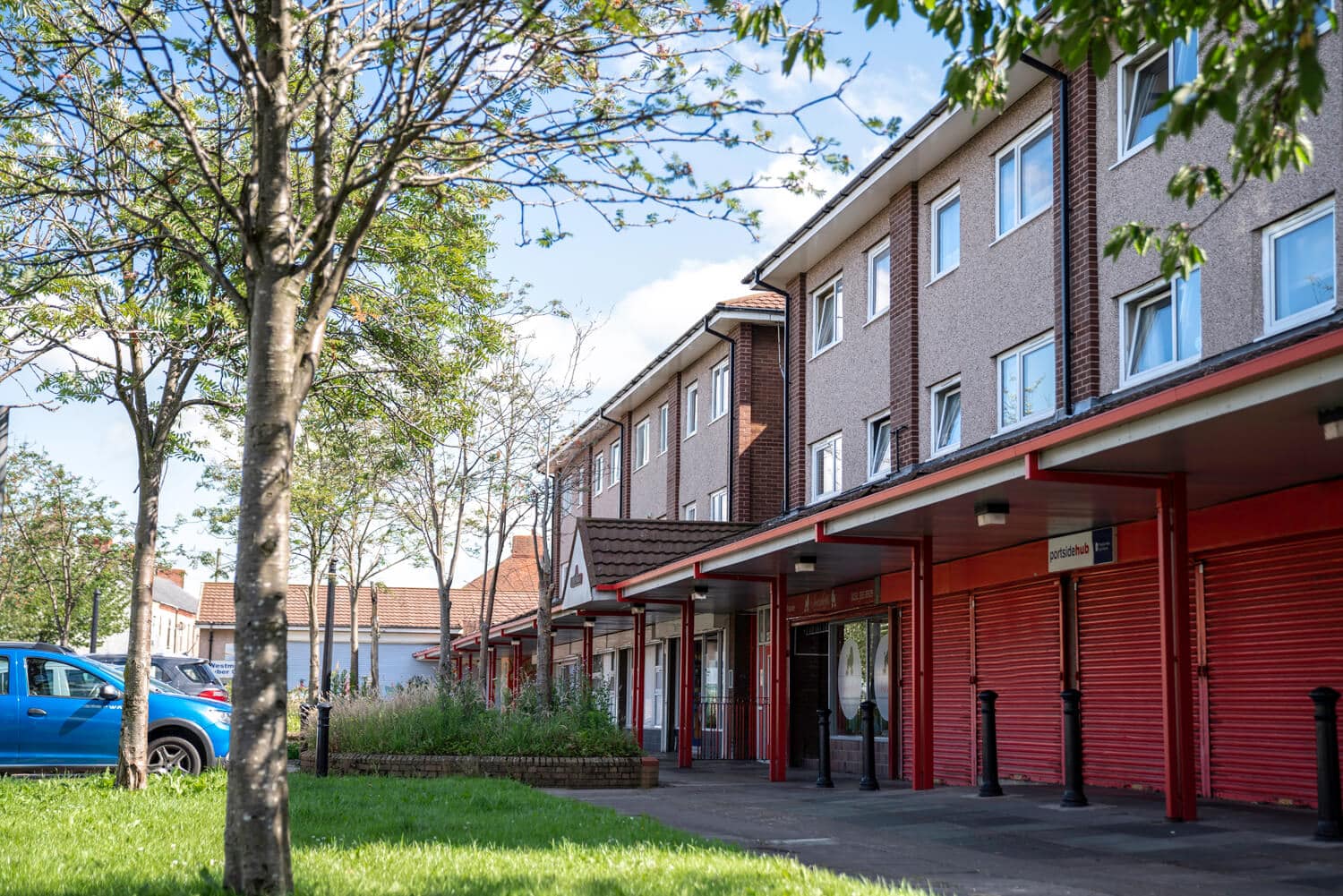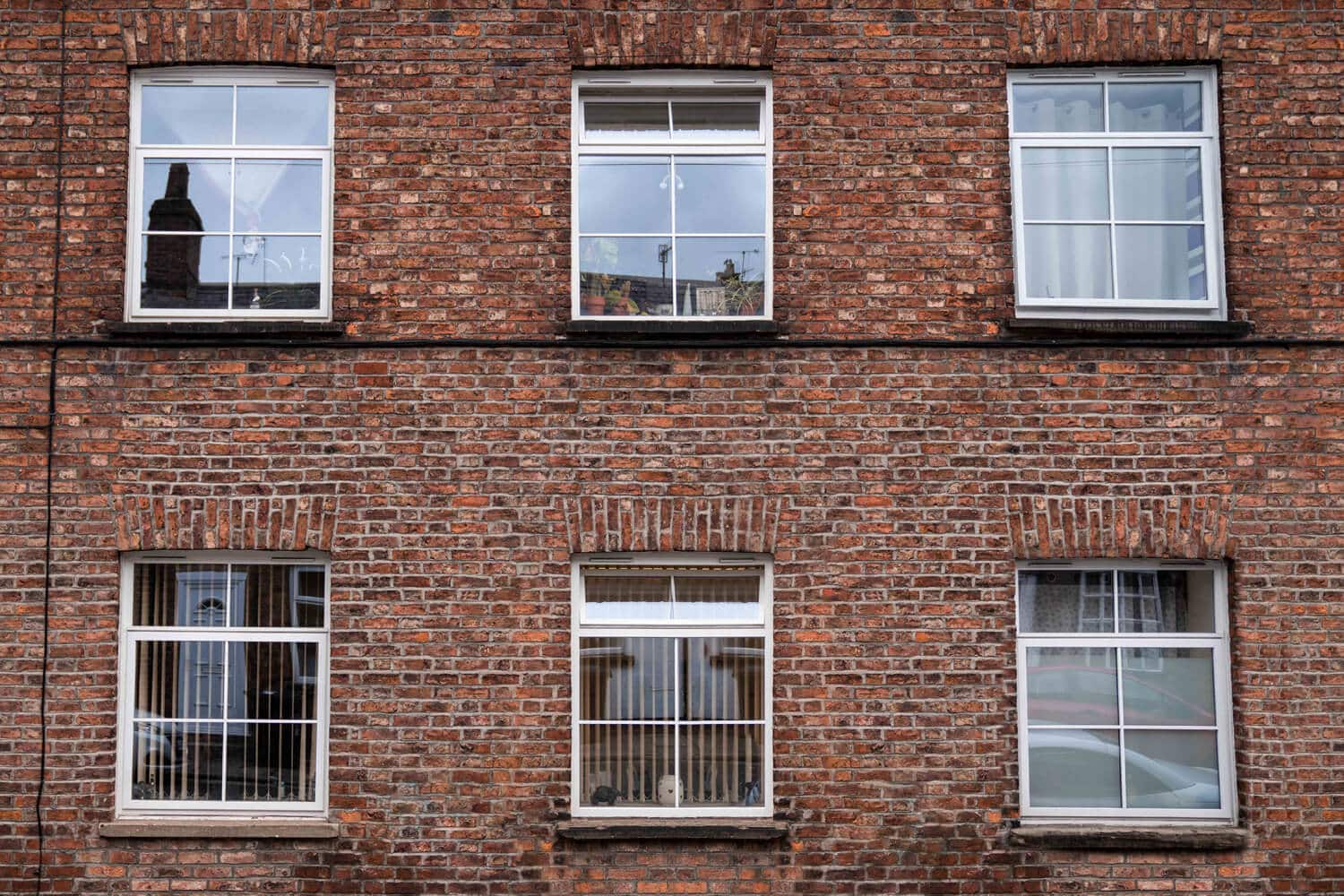What is uPVC and why is it used for windows and doors?
uPVC is a form of plastic that’s extremely popular, particularly in the construction industry, where it is used extensively in the production of double-glazed windows and doors. Indeed, it’s so popular that, according to the BPF (that’s the British Plastics Federation), uPVC is used in over 80% of double-glazed doors and windows produced for the global market.
In this article, we’re going to take a closer look at uPVC, the qualities it has, and why it’s such a popular choice for windows and doors:
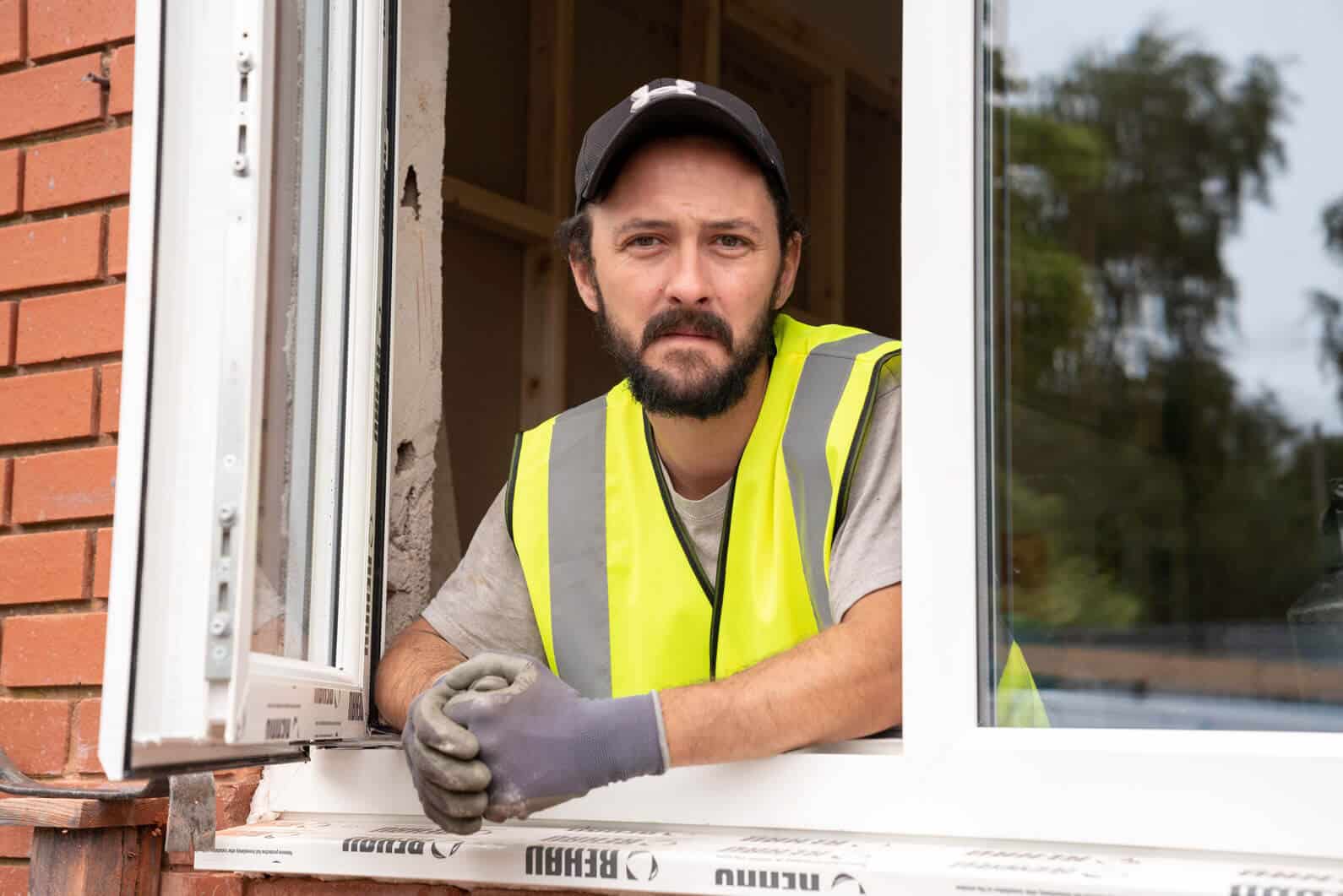
What is uPVC?
uPVC is an abbreviation for unplasticised PolyVinyl Chloride. It is an engineered plastic that is tough, solid, and rigid compared to other forms of PVC. The reason for this is due to the lack of plasticisers in its production (hence the “unplasticised” part of uPVC). These plasticisers are what give regular PVC its flexibility, making it more malleable for a wide range of applications. In the construction industry, the rigidity and toughness of the material are of greater importance, which is why uPVC is so popular.
Benefits of uPVC in windows and doors
uPVC is by far the more popular material used in the manufacture of doors and windows. While timber and aluminium doors and window frames are also used in the industry, uPVC continues to account for the lion’s share of installations, particularly in the UK. These are some of the key qualities of the material, to explain why:
Cost Effective
Compared to timber and aluminium, uPVC is cheap to make and use, but it is not considered a substandard material for construction. While both those materials may be more popular for high-end projects, uPVC is just as hard-wearing and long-lasting, if not quite as strong as aluminium frames and casings.
Low Maintenance
uPVC is the very definition of low maintenance. Once it is installed, it takes very little effort to keep it looking great—perhaps the occasional wipe down with a damp cloth to prevent the buildup of dust and dirt.
Chemically Inert
uPVC does not react on contact with most common chemicals, including household cleaners, bleaches, and acids. This makes uPVC windows a great choice, as everyday cleaning solutions won’t affect the frames.
Strong and Lightweight
Being plastic, uPVC is a lightweight material while also being incredibly strong. Only aluminium can compare in terms of strength and rigidity, but uPVC is more than strong enough for most installations.
Easy to Install
uPVC window frames and door casings tend to be manufactured to industry-standard sizes. So popular is the material that most uPVC door and window producers create their windows to match the size of the frames, rather than the other way around. Being so lightweight, they are easier to manoeuvre on the job, and, since the sizes of windows and doors are standard, installation is simple.
Safe, Secure, and Stylish
Aside from being chemically inert, uPVC is non-combustible, self-extinguishing, and practically impenetrable due to its lack of plasticisers. It is resistant to ultraviolet rays, so it will not fade in direct sunlight, and it is a perfect surface for painting or spraying.
With all these admirable qualities, it’s no wonder double-glazed window and door manufacturers favour uPVC for their frames and casings.
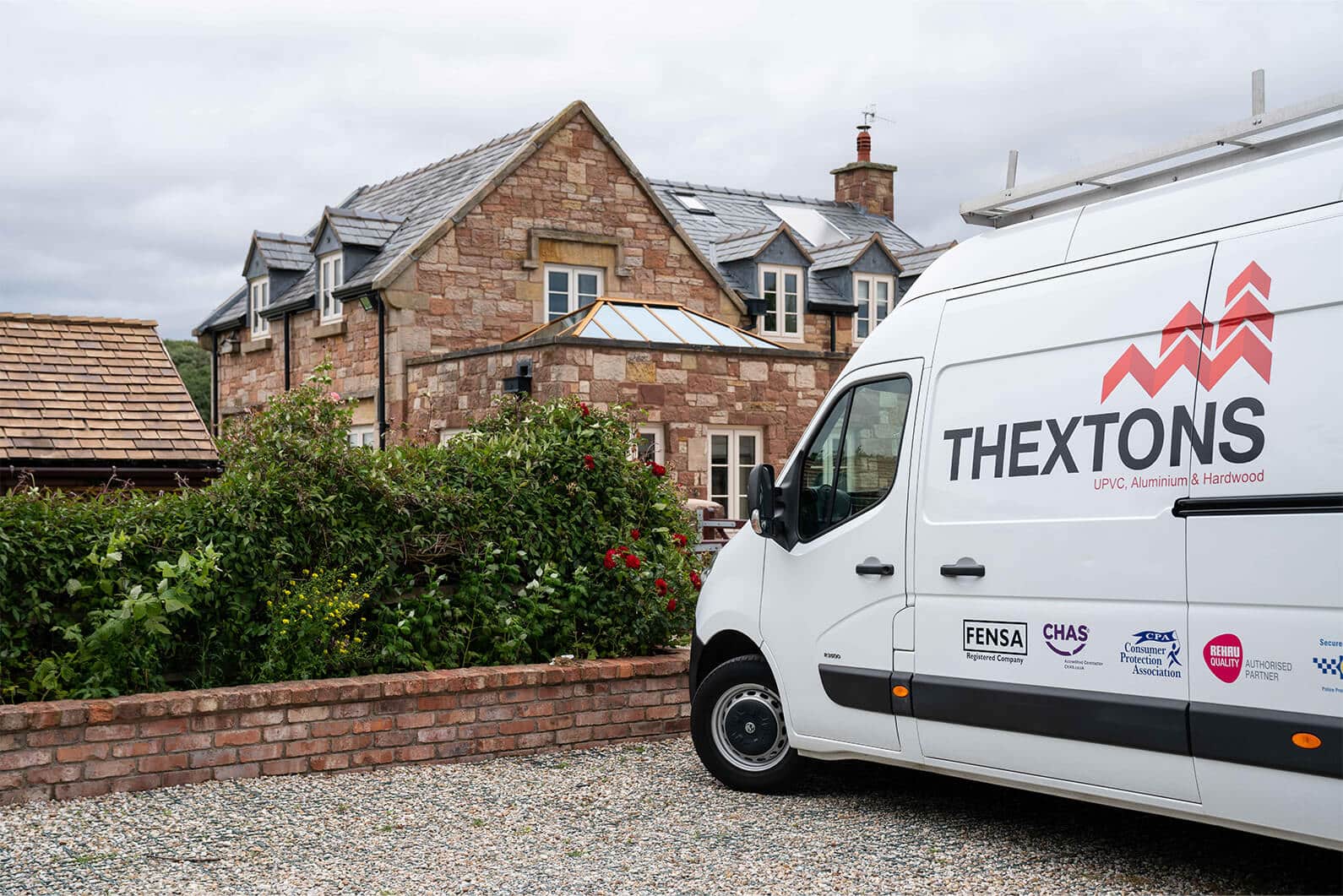
uPVC Windows and Doors in the North West
If you need a reliable and professional contractor to install or replace uPVC doors and windows for your latest project, look no further than Thextons. Call the team today on 0151 608 2278 to discuss your requirements, arrange a free consultation, or get a free, no-obligation quote for our services.




